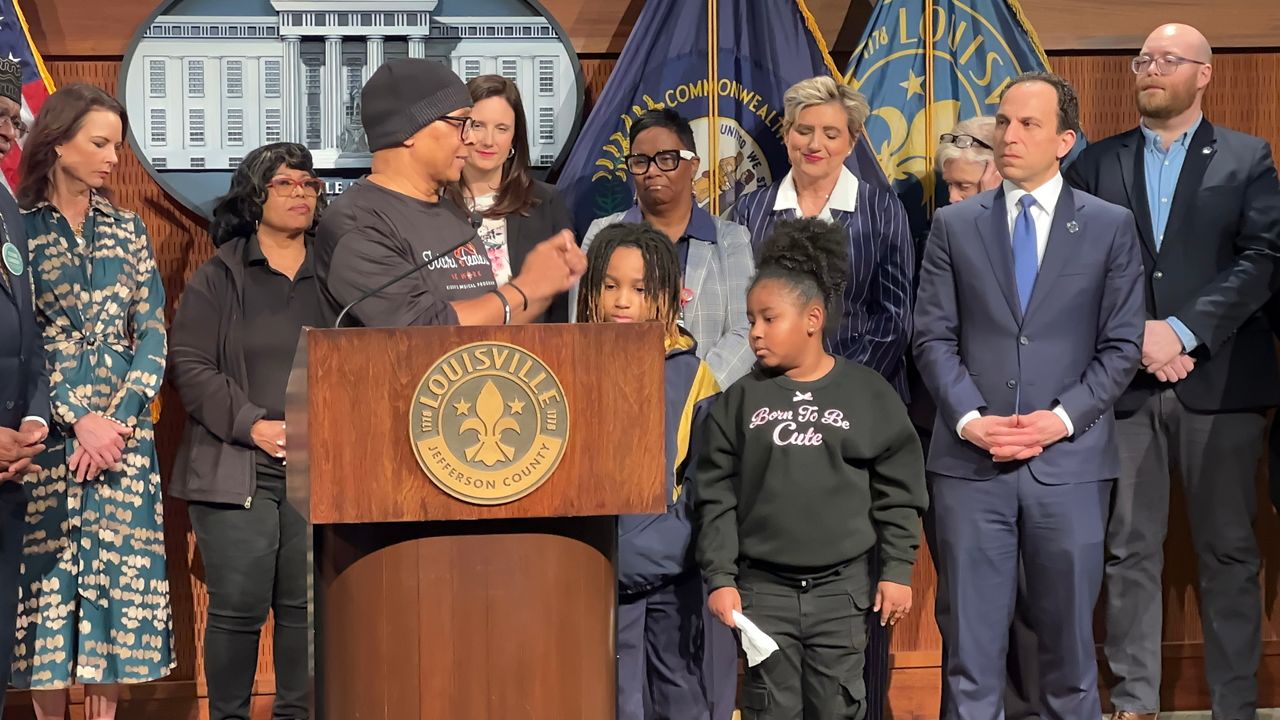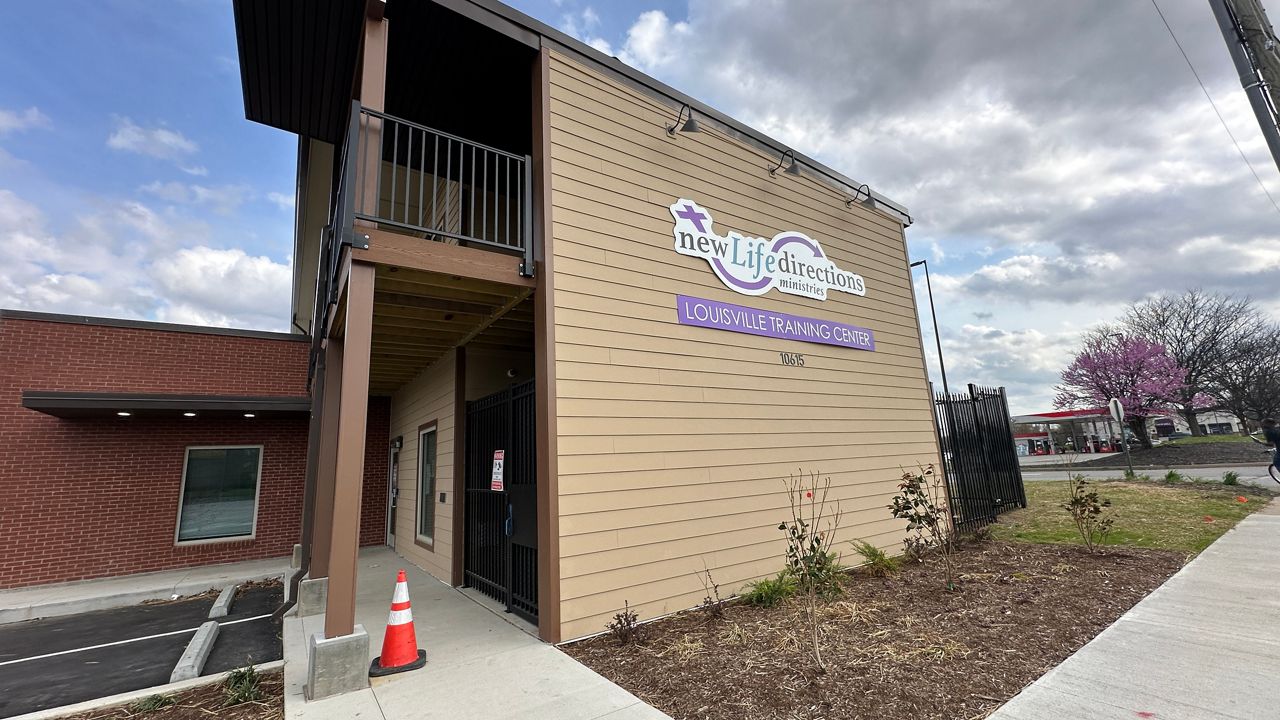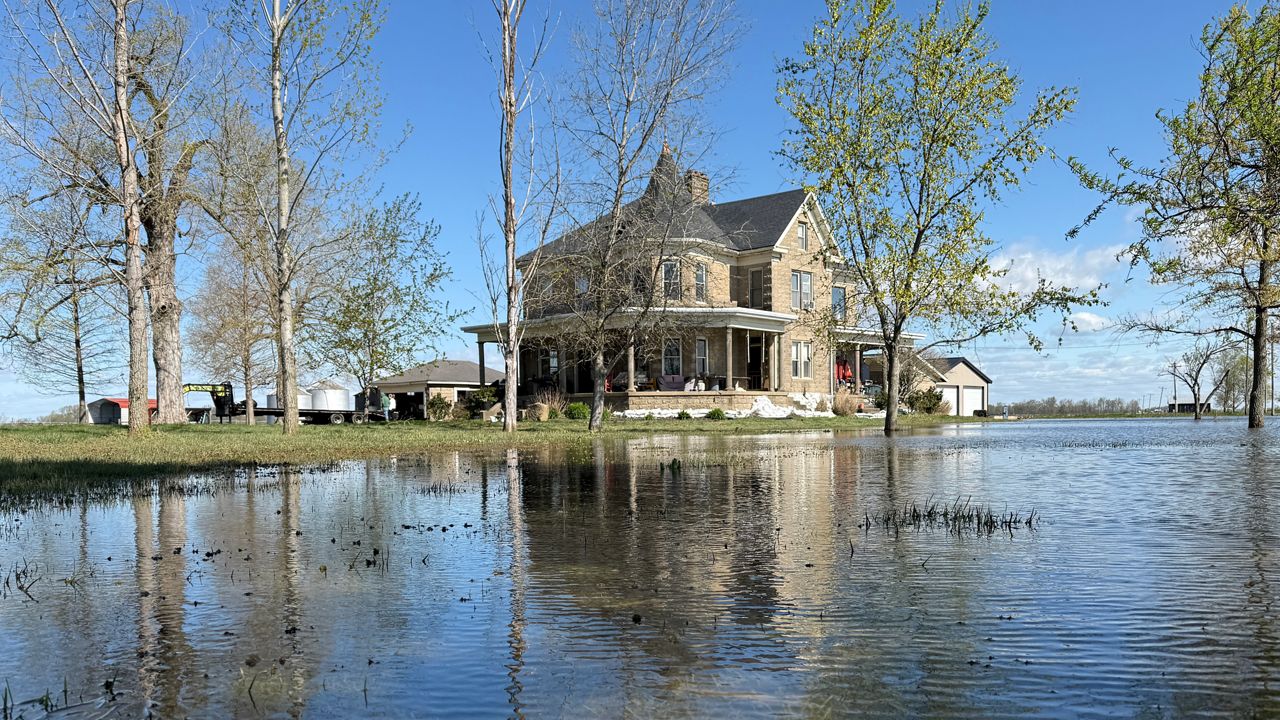HODGENVILLE, Ky. — The life of one of the most important figures in American history began in Hodgenville, Kentucky in 1809.
The birthplace of Abraham Lincoln is also where Rob Thurman’s family has lived for the last five generations. As a fan of history, naturally, much of Thurman’s life has been dedicated to telling the story of Lincoln as the assistant director of the Lincoln Museum in Hodgenville.
The museum tells the entirety of Lincoln’s story. Guests from all over the world can visit his birthplace and boyhood home.
“He who has the right to criticize has the heart to help.”
That’s Thurman’s favorite Lincoln quote. He said he finds it inspiring because it tells him when there was work to be done, Lincoln did it. There certainly was a lot of work to be done in Lincoln’s early years, living in a cabin.
Even though Lincoln’s father was always employed, his family still had to make do with very little. That meant doing everything on their own.
“[It was] really very much on the edge of the western frontier,” Thurman said. “There was just a tremendous amount of work that was involved. The story of him growing up in a cabin is definitely inspiring. A lot of Lincoln’s primal moral leanings and his beliefs started to be formed, and started to be developed, and his family connection here to Kentucky goes back many generations.”
Lincoln’s Kentucky roots run deep. His wife was from Lexington. His best friend lived in Louisville. He had an Attorney General from Louisville. His political mentors were from Lexington and Frankfort. He maintained close personal ties with Kentuckians he corresponded with throughout his presidency.
While Lincoln spent his teenage years in Indiana, his adult years in Illinois and then onto Washington, D.C., Thurman said the country’s 16th president always considered himself a Kentuckian, even up to what became his defining legacy, the emancipation proclamation.
“Kentucky was always in Lincoln’s mind,” Thurman said. “Lincoln knew that Kentucky was pivotal in the civil war. To lose Kentucky would be to lose the war, because of our position on the Ohio river, as well as just the sort of an overall sentiment of the land.”
Several characteristics define who Lincoln was. Most people can probably remember a lot of them from school: “Honest Abe,” the eloquent speaker who loved to read, and towered over those around him, especially with that funny-looking hat.
Thurman said he’s also defined by his determination and his charisma.
“He was a very, very funny and witty person, and used that. I would say charisma is probably sort of a modern word that would apply to Mr. Lincoln in that he had a way with people,” Thurman said. “He was always focused on self improvement, and would repeat jokes and stories until he got the punchline perfectly.”
He’s a president who, mostly, is remembered fondly, universally. In his time, though, that wasn’t the case.
“History has been very kind to Lincoln, deservedly, but during his own life and experience, there were a lot of times when he was really getting it in terms of negative portrayals or information,” Thurman said. “He made sort of the ultimate sacrifice in that he lost his life taking a principled stand, and making the decisions he did.”
Of all the lessons to be learned from Lincoln, one of the most significant, Thurman said, is that perspective can change.
Besides Lincoln, Zachary Taylor, the nation’s 12th president, spent time in Kentucky during his childhood. Jefferson Davis, who served as president of the Confederate States, was also from Kentucky.










